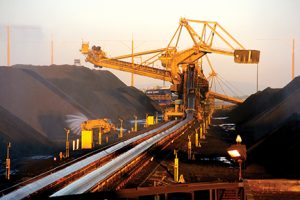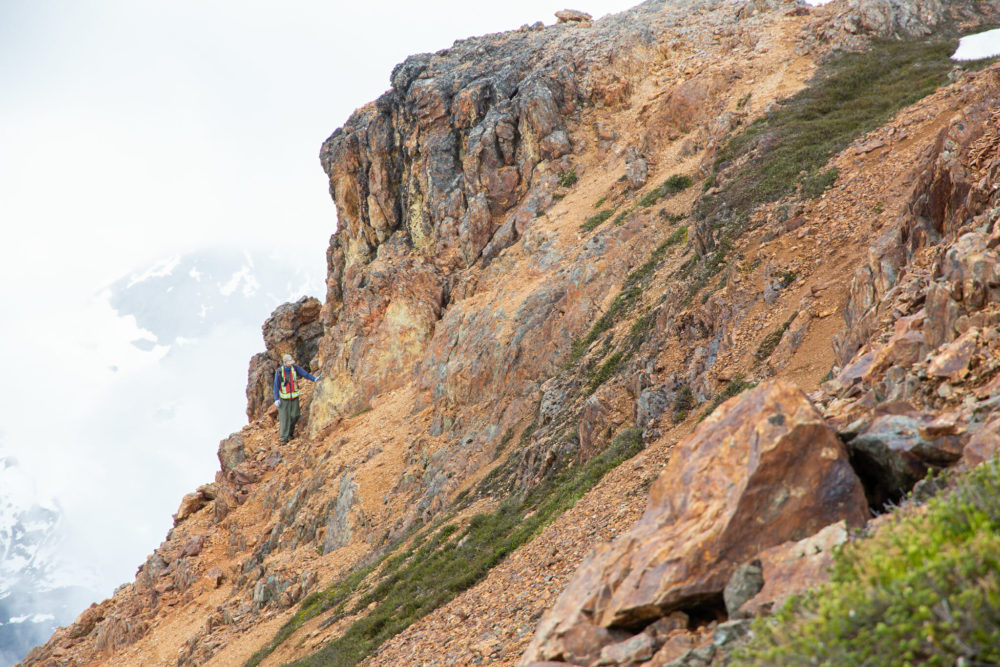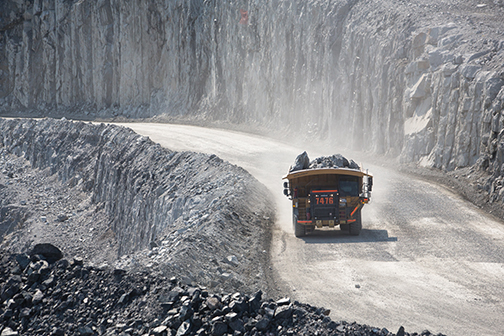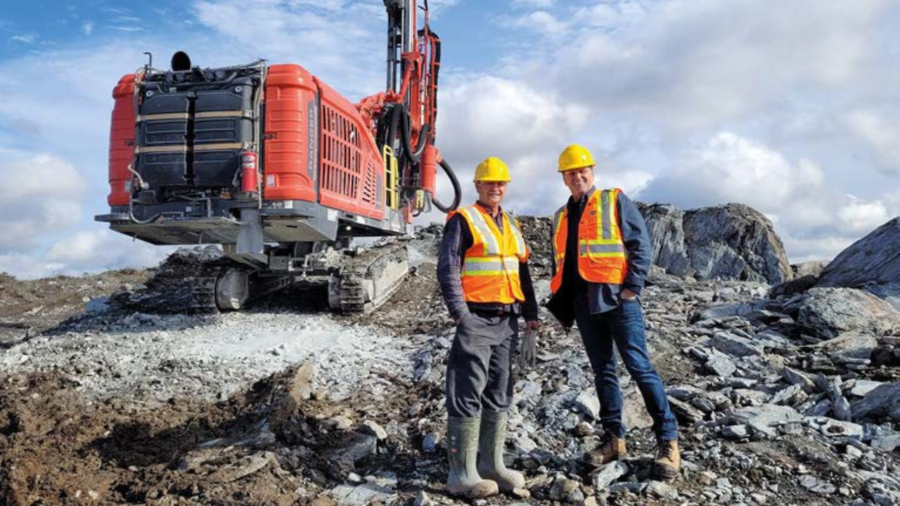Canadian coal driving global growth

COURTESY: COAL ASSOCIATION OF CANADA
Our coal industry has played a vital role in the Canadian economy for hundreds of years, and with our product in high demand, it isn’t showing signs of letting up any time soon. With 6.6 billion tonnes of recoverable coal reserves, we are well-positioned to continue to supply high-quality coal for the next hundred years at current production rates.
Global population is growing and expected to reach around 9.7 billion people by 2050. This means massive amounts of infrastructure and energy will be required to shelter, transport, feed and support this population. For the steel and electricity required, coal is not so much an option, but a necessity.
According to the BP Energy Outlook 2018, China, India and other emerging and industrializing economies in Asia will drive the increase in global energy demand, and coal will fuel much of this growth through 2040. Even as renewables increase their share of the energy mix, coal demand will remain high.
This is positive news for Canada’s coal industry, notably our metallurgical coal which is exported around the world.
Canada is the world’s third largest exporter of metallurgical coal, with 85% of our production in Alberta and British Columbia. We produced 61 million tonnes of coal in 2016, half of that being metallurgical coal that was exported to Japan, South Korea, China, the United States, Chile, Brazil and India. Exports from Canada were valued at over $4.5 billion dollars. Preliminary numbers from Natural Resources Canada show that total value of Canada’s coal production increased 55.6% to reach $6.3 billion in 2017 as a result of higher prices for the second year in a row.
While some projections show that Canadian coal production will decrease moving forward, this is based on the reduced production of thermal coal associated with the government of Canada’s phase-out of coal-fired power generation.
What is happening in Alberta?
While B.C. is the power-house producer of metallurgical coal in Canada thanks to Teck’s operations in the Elk Valley and Conuma Coal Resources recently re-opening operations in northeast B.C.
around Tumbler Ridge, Alberta’s production will increase in the coming years.
It is no secret that Alberta’s foothills and Eastern Slopes hold major deposits of high-quality coking coal, and several projects are moving towards production.
In the Crowsnest Pass area, Riversdale Resources is working through a joint federal and provincial permitting process for their Grassy Mountain project that they hope to conclude mid-2019. They are well-positioned to kick off construction once permitted, and will produce 4.5 mtpa at full production.
Adjacent to Riversdale’s Grassy Mountain project, Atrum Coal has started a major drilling at Elan South which has 7 million tonnes of indicated, 29 million tonnes of inferred and 200 million tonnes of exploration target resources of hard coking coal in a well-established mining area. Atrum also plans to further test the coal quality in 2018.
Closer to west-central Alberta, Ram River Coal Corp. completed a prefeasibility study of its Aries project. The study identified an in-place resource estimate of 413 million tonnes (312 million tonnes measured, 101 million tonnes indicated) of metallurgical coal and the company is taking steps to advance the project toward permitting. Ram anticipates it will enter the environmental assessment process later this year.
Thermal
In Yellowhead County, development of Coalspur’s Vista Mine commenced in June 2017. With over 100 employees currently on the ground construction of preparation plants, roads, site prep, belt lines and the rail load out to CN’s mainline is well underway with eyes on a first coal shipment in the first quarter of 2019.
Production will reach 7 mtpa (with room for potential expansion) of clean coal production destined for Asian thermal customers by way of Ridley Terminals in Prince Rupert. Joining Westmoreland’s Coal Valley Mine, Vista Mine will be Alberta’s second thermal export mine.
Production
According to the Alberta Energy 2017 Coal and Mineral Development report, Alberta’s bituminous production dipped slightly in 2017 compared to 2016.
However, royalties increased due to higher metallurgical coal prices. Sub-bituminous production slightly increased to 2.23 million tonnes compared 21.4 million tonnes in 2016.
Who Are We?
The Coal Association of Canada works on behalf of our membership, which includes a broad spectrum of the Canadian coal industry. Members include companies at every level of the supply chain from mining exploration, development and production, rail, port and terminal transportation, equipment suppliers and trading companies. It’s important that our membership includes such a range of companies and organizations at all levels in order to ensure that our voice and advocacy work toward maintaining and promoting the entire industry. The benefits of the coal industry for Canadians go beyond the dollars and cents; it also provides long-term, reliable employment and helps build strong communities throughout Canada.
The Coal Association of Canada is working closely with governments and regulators on a number of areas including the federal government’s draft Coal Mining Effluent Regulations, which are expected to be released later this year for public comment before being finalized in 2019. The federal government is also working on a Canadian Minerals and Metals Plan aimed to position Canada as a mining leader for the long-term.
Our association also holds a national annual conference every fall. This year, Canada’s Coal Industry: Driving Global Growth, will take place Sept. 12-14 at the Westin Bayshore in Vancouver.
Attendees will hear from a variety of industry experts, including our keynote address from Ernie Thrasher, CEO of Xcoal Energy & Resources. The conference will include presentations from IHS Markit, S&P Global Ratings, coal producers and juniors, equipment suppliers, transportation partners, and many more.
For more details and registration, please visit www.coal2018.ca.
We are excited for the future of our industry and look to build on both the accomplishments and challenges we face.
Robin Campbell is the president of the Coal Association of Canada.





Comments